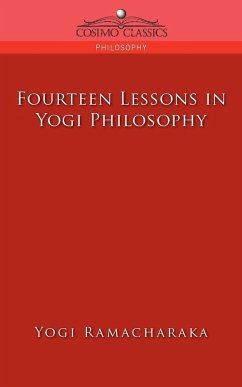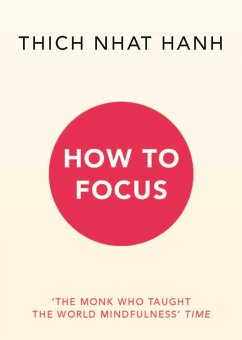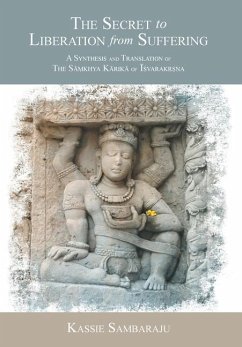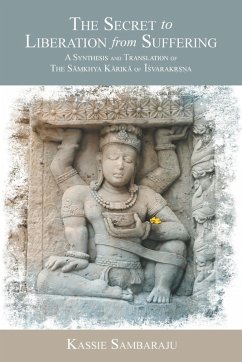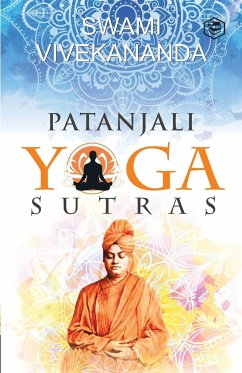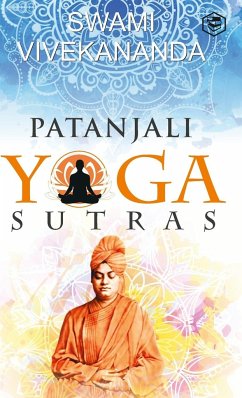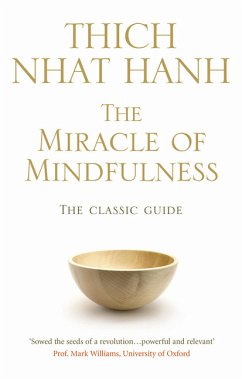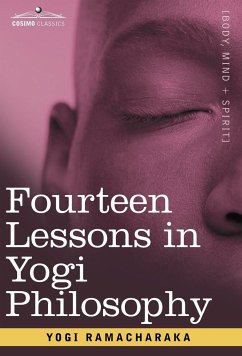
Fourteen Lessons in Yogi Philosophy
Versandkostenfrei!
Versandfertig in über 4 Wochen
29,99 €
inkl. MwSt.
Weitere Ausgaben:

PAYBACK Punkte
15 °P sammeln!
Followers of the New Thought movement of the early 20th century vehemently believed in the concept of "mind over matter"... and this 1903 book may well have been their guide to achieving it. One of the most influential thinkers of this early "New Age" philosophy here demonstrates how to achieve the ultimate indulgence of the "pure spirit" that defines us all. Yogi Ramacharaka explains how to shed the "sheaths that prevent its full expression" via: . the astral plane . the instinctive mind . the spiritual mind . the human aura . thought dynamics . clairvoyance and telepathy . personal magnetism...
Followers of the New Thought movement of the early 20th century vehemently believed in the concept of "mind over matter"... and this 1903 book may well have been their guide to achieving it. One of the most influential thinkers of this early "New Age" philosophy here demonstrates how to achieve the ultimate indulgence of the "pure spirit" that defines us all. Yogi Ramacharaka explains how to shed the "sheaths that prevent its full expression" via: . the astral plane . the instinctive mind . the spiritual mind . the human aura . thought dynamics . clairvoyance and telepathy . personal magnetism . occult therapeutics . spiritual cause and effect . and more. American writer WILLIAM WALKER ATKINSON (1862-1932) was editor of the popular magazine New Thought from 1901 to 1905, and editor of the journal Advanced Thought from 1916 to 1919. He authored dozens of New Thought books under numerous pseudonyms, some of which are likely still unknown today, including "Yogi Ramacharaka" and "Theron Q. Dumont."



